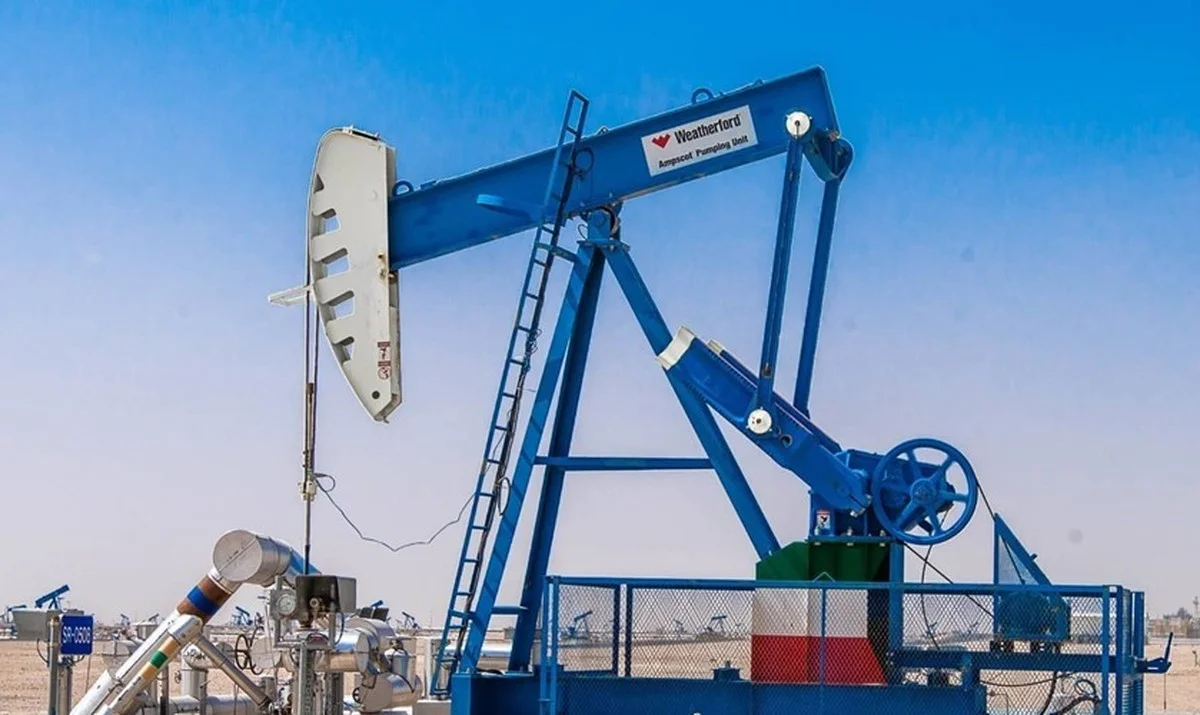11/10/2025
11/10/2025

Oil prices are unsatisfactory for producers... that much is certain. Currently trading at $63 per barrel, prices are down $3 from last week, with no signs of improvement in the coming weeks. This decline comes as producers continue to increase supply, which is further weakening the price.

Keeping these investments intact allows them to generate long-term returns and enhance financial portfolios. This seems to be the best choice for Kuwait. Other oil-producing countries may opt to sell a part of their assets to generate the cash needed, while retaining majority ownership and control at home. In reality, there are few other options available. Alternatively, nations could begin exploring and investing in a long-term replacement for oil. This is a complex and time-consuming process, but one that must be pursued, especially in Kuwait, as more than 95 percent of the national income depends on oil.
At today’s price of $63 per barrel, Kuwait faces a full budget deficit, given that the current budget requires an oil price of $92 per barrel to break even. Without reaching this breakeven level, we will continue to face deficits, forcing us to turn to foreign banks for short-term loans. This could remain the case for several years — or until oil prices rise sufficiently to stabilize the national budget.
At today’s oil price of $63 per barrel, we are facing a total budget deficit, as our budget requires $92 per barrel to break even. Without reaching this breakeven price, we will continue to run deficits and may need to seek short-term loans from foreign banks. This could be the case for several years or until oil prices rise to the necessary level to balance our budget. In the meantime, Kuwait needs to find new sources of income generating between KD 10-15 billion annually. Relying solely on our sovereign wealth fund is neither sufficient nor sustainable in the long term, as our cash reserves from overseas investments will only last a few years, especially at the current oil price of $63 per barrel. The solution lies in combining income from oil with new revenue streams to bridge the gap between oil income and other sources. This is a hypothetical scenario aimed at securing additional long-term income.
To achieve this, a specialized committee should be formed, consisting of top experts in finance, banking, and commerce to create a think tank focused on finding alternatives to oil. Given the current low oil price and the budget’s need for $92 per barrel to break even, the gap is significant, and deficits could reach around KD 5 billion by the end of March 2026.
The numbers are alarming, and tightening our belts and budgets is one way to reduce expenses. However, this seems nearly impossible as we must create new jobs, meet expansion plans, and improve our infrastructure. In the long term, we need to seek international expertise to identify alternative sources of income. With low oil prices expected to persist for years, borrowing is not the solution. Finding alternatives to oil revenue is the real solution.


